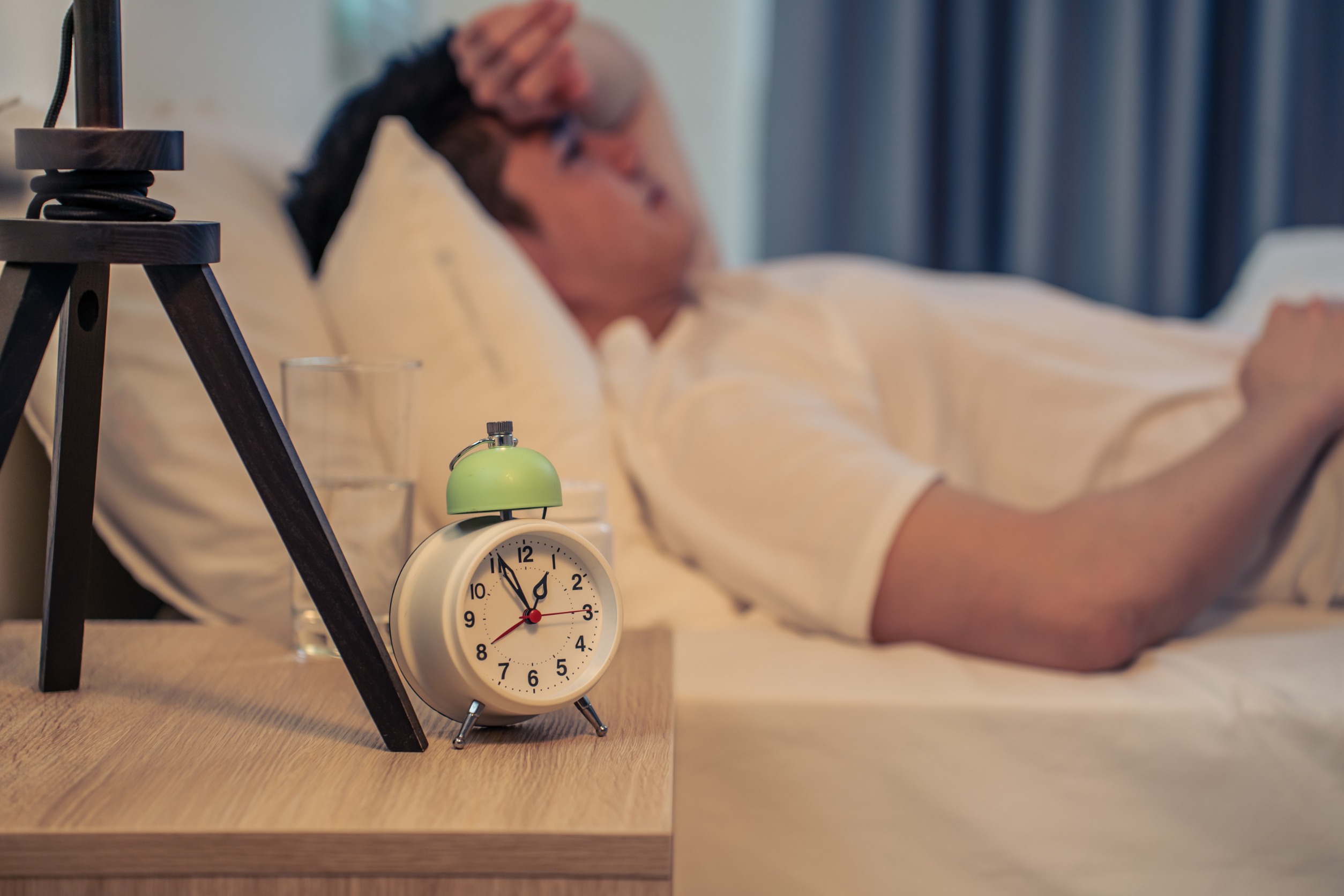Workplace productivity dips in Australia due to sleeping disorders
- Champa Ha

Workplace productivity loss linked to sleep disorders is garnering attention in Australia, as one in five youngers Australians are affected by sleep disorders such as insomnia.
Surveying 554 employees aged 22 years, a study by Flinders University found significant workplace productivity losses among young Australian adults, primarily caused by insomnia. The study showed that total workplace productivity loss was up to 40% greater among 22-year-olds with clinical sleep disorders compared to their peers with no sleep disorders, equivalent to about four weeks of work time in comparison to less than one week for those without.
“The take home message is just how prevalent sleep disorders are in young adults, and that these disorders are having an impact on our young adults and their workplaces,” said Associate Professor Amy Reynolds, Flinders University, and lead author of the report. “By middle age, it’s obstructive sleep apnoea that’s more prevalent, so it does change across the lifespan. But in young workers it is insomnia, which is more common, rather than other sleep problems, and is driving productivity loss.”
Associate Professor Reynolds, a provisional psychologist with the Insomnia Treatment Programme at Flinders, called the productivity loss largely driven by ‘presenteeism’, where the employees are present at work but not working to their best capacity or potential.
READ MORE: Pay remote employees more, says Australian union
The Australian Management of Sleep Apnea and Insomnia in Primary Care (MOSIP) trial based at Flinders University is seeking to support general practitioners to manage two of the most common sleep disorders – insomnia and obstructive sleep apnea, or OSA – which affect more than four million Australians and cost at least AUD $66 billion (USD $49.9 billion) in work productivity every year.






